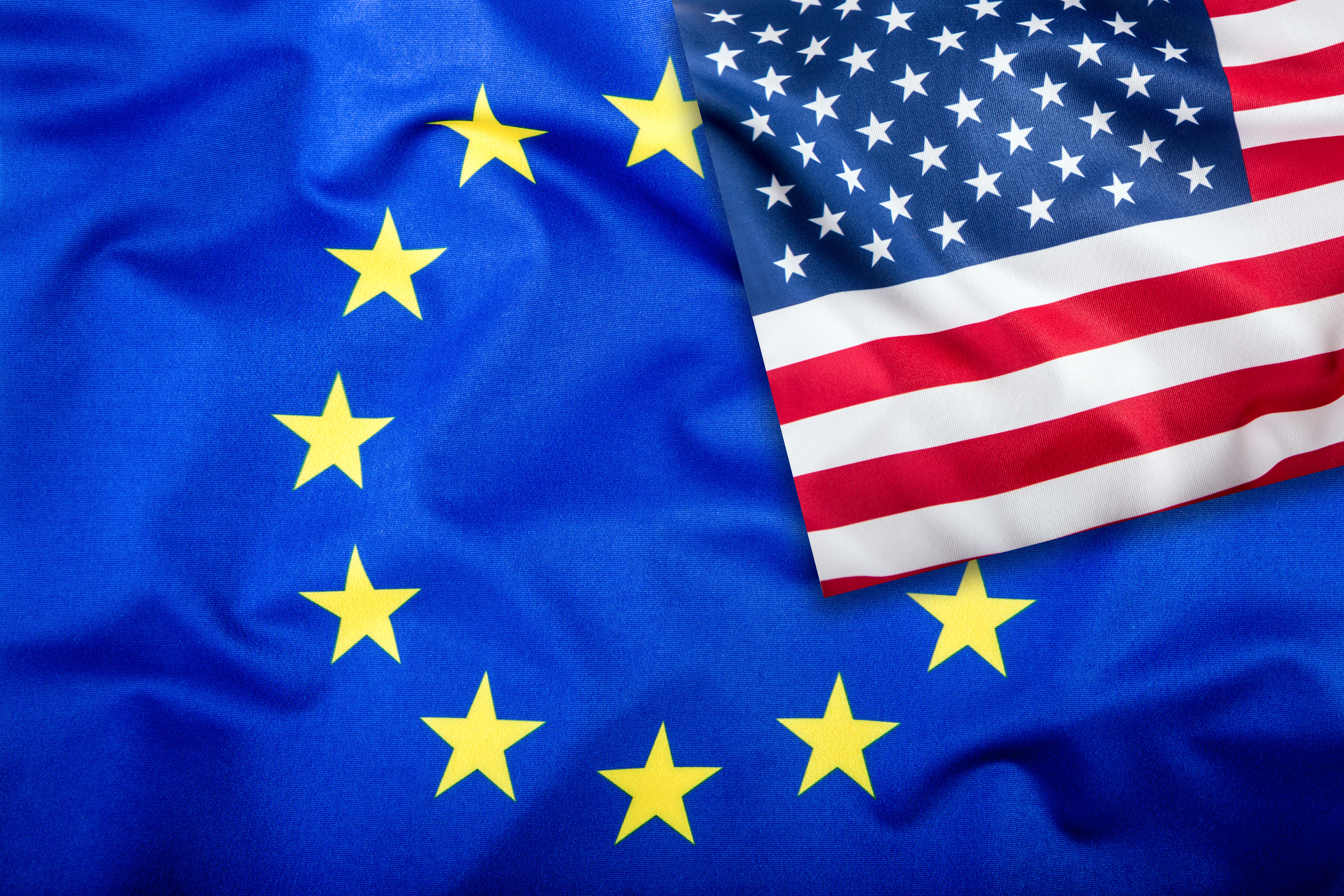
The collaboration between EMA and FDA formally started in 2003 and the two agencies have now almost daily interactions, most of them structured around working groups called 'clusters', some of which include contacts with other international regulators, with the aim to better align, and advance scientific and regulatory excellence worldwide. In the context of the COVID-19 pandemic, the EC, EMA and FDA have further intensified their collaboration through regular interactions, notably under the umbrella of the International Coalition of Medicines Regulatory Authorities (ICMRA). Given the medical emergency presented by COVID-19 and the importance of international cooperation to tackle this global crisis, the topic was high on the agenda of the bilateral meeting. Topics discussed included: Sharing of experience and common challenges in facilitating the development, review and availability of COVID-19 vaccines. Discussion about opportunities for cooperation on individualised/bespoke therapies for ultrarare diseases (e.g. gene therapies (advanced therapies/ATMPs); oligonucleotides) to jointly address their scientific and regulatory challenges. Real world evidence use to support regulatory decisions: through ICMRA, EMA and FDA have agreed to collaborate on observational research in COVID-19 as a model, specifically on vaccines surveillance, building international cohorts, and the use of medicines in pregnant women with COVID-19. Discussions focused on data provenance, quality and structure, on methods for generating evidence and opportunities to strengthen collaboration leveraging data from diverse digital sources to inform regulatory decisions. The partners agreed to collaborate on the development of a roadmap for international collaboration on real world evidence. Mutual recognition agreement (MRA) of good manufacturing practice (GMP) inspections: following the milestone reached in July 2019 with the full implementation of the MRA for certain human medicines, the partners discussed the next milestones. These include the expansion of the current MRA to veterinary medicines and the consideration to include vaccines and plasma-derived products by July 2022. Orphan and paediatric medicines: information sharing on initiatives on both sides of the Atlantic and discussion on possible cooperation in the area of data analysis for the characterisation of rare diseases. Notes The collaboration between EMA and the US FDA is outlined in the publication “Are the European Medicines Agency, US Food and Drug Administration, and Other International Regulators Talking to Each Other?”







